Keywords: Driving
There are more than 200 results, only the first 200 are displayed here.
-
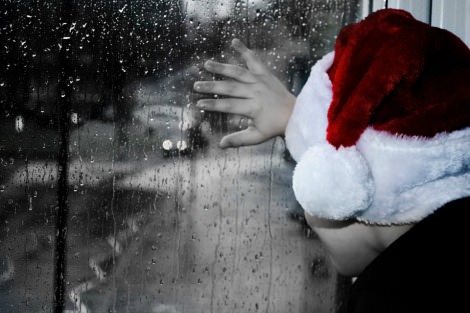
ARTS AND CULTURE
- Barry Gittins
- 06 December 2016
5 Comments
Cricket games, feasts, the origami orgy of Christmas present wrappings rent asunder ... the underlying truth in all of this, for many of us, is deep emotional pain and loneliness that's gone unheard, unnoticed, all year. Family is both a lodestone and a millstone at Christmas. It's a truth magnified by aspirational love. As Pope John XXIII once said, cutting close to home, 'Mankind is a great, an immense family. This is proved by what we feel in our hearts at Christmas.' It's a big ask that carries a price.
READ MORE 
-
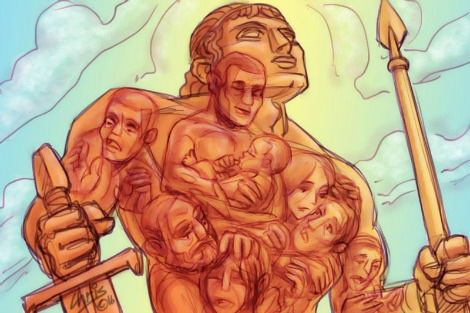
AUSTRALIA
- Adolfo Aranjuez
- 28 October 2016
10 Comments
After sending me to live in Australia, my father tasked my then brother-in-law (a true-blue 'bloke') with teaching me to 'be a man'. He failed, but here was evidence of hegemonic masculinity's perpetuation. My father and I were born into a masculine culture that, unlike Australia's stoicism, is characterised by braggadocious chest-puffing. Yet underpinning both Australia's and the Philippines' conceptions of masculinity is the masking of vulnerability: emotions hide behind silence and bravado.
READ MORE 
-
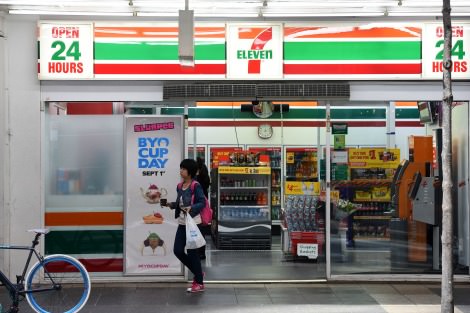
AUSTRALIA
- Evan Smith
- 27 October 2016
19 Comments
While the White Australia Policy attempted to prevent non-white workers from living and working in Australia, people from across the globe continued to do both, although often at the margins of white Australian society. The Australian Labor Party and the trade unions were complicit in maintaining this racial divide. In Australia today, a new wave of migrants is working in convenience stores, driving taxis or cleaning buildings. They are part of the Australian working class, but are often not considered such.
READ MORE
-
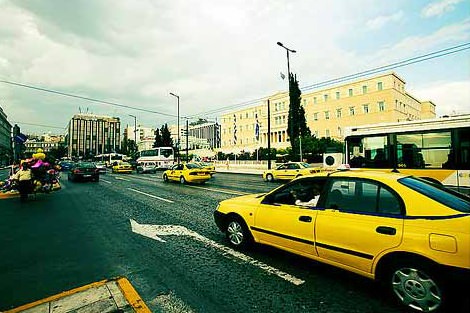
INTERNATIONAL
- Gillian Bouras
- 07 October 2016
6 Comments
The man's grandparents were from Ithaca, the storied isle, but he himself had always lived in Athens. I learned he had not been driving a cab for very long, but had taken to it when his business failed because of the continuing financial crisis. A familiar tale in the Greece of today, alas. But he acknowledged he was lucky to have a job at all, and went on to say that he had no complaints, because he had realised his ambition. I asked what this was. He replied: 'I have educated my children.'
READ MORE 
-

AUSTRALIA
- Fatima Measham
- 15 September 2016
3 Comments
In Mexico, a 12-year old boy walked onto the road to stare down an 11,000-strong anti-LGBTQ protest. In Italy, a small town has been revived by the arrival of refugees and migrants. In the US, NFL quarterback Colin Kaepernick has pulled the issue of police brutality into apolitical spaces, using symbolic gestures to draw out the history of racialised oppression. As Democratic vice-presidential nominee Tim Kaine puts it, 'If you want to be right, be a pessimist, if you want to do right, be an optimist.'
READ MORE 
-

ENVIRONMENT
- Greg Foyster
- 03 August 2016
6 Comments
The neoliberal right is losing political power to the populist right, which isn't filled with the same ideological zeal for free-market capitalism. Suddenly debates can expand beyond the narrow confines of economic growth. Moral and social arguments won't be relegated to the intellectual fringes anymore. Mainstream parties of the left and right, both of which bought into the neoliberal agenda, will have to break their bipartisan dismissal of discontent with the side effects of globalisation.
READ MORE 
-

AUSTRALIA
- Tim Woodruff
- 24 June 2016
6 Comments
My patients who earn $36,000 a year pay $36 for most prescriptions. My patients who earn $360,000 pay the same, and those on $3 billion pay the same. Usually, these prescriptions are for conditions which can't be avoided - it's just bad luck. This government imposed co-payment is a tax on illness. It is not noticed by those on $360,000 but for those struggling on $36,000, it does affect their small disposable incomes. It is a regressive tax, and its effect on patient behaviour is well documented.
READ MORE 
-

AUSTRALIA
- Somayra Ismailjee
- 20 May 2016
33 Comments
The irony of trying to negate these stereotypes is that in doing so, we are still cheapening asylum seekers to political tools, stripping them of their humanity and multiplicity. Aiming to counter such rhetoric as Dutton's with stories of high-achieving refugees plays into a toxic game that legitimises the same negative stereotypes by engaging with them. Just as invisibility dehumanises asylum seekers, so does the hypervisibility we attribute to a select few stories.
READ MORE 
-

RELIGION
- Andrew Hamilton
- 07 April 2016
19 Comments
How do good people sink to this? The answer lies in the mutation of economic ideology from the crude buccaneering spirit of doing whatever it takes to get rich into a more urbane form. People see themselves as competing, not only for their own economic benefit, but for that of the company. This means greed can mask itself as altruism in serving a larger good. And as in the case of churches, identification with the company provides reason for protecting the company's reputation at all costs.
READ MORE 
-

AUSTRALIA
- Kate Galloway
- 30 March 2016
6 Comments
Around half of Indigenous prisoners in Roebourne Regional Prison are there on driving offences. Many Indigenous Australians do not have birth certificates and therefore cannot get a drivers licence. Yet those who live in remote areas often have no means of transport other than by car. When they are caught driving unlicensed, they receive a fine, and since many are unable to pay, they are consequently are jailed. And as we all know, jail is a particularly risky place for Indigenous Australians.
READ MORE 
-
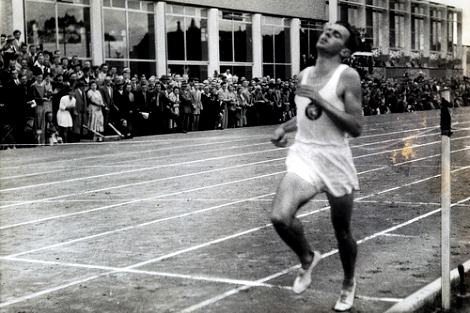
AUSTRALIA
- Brian Matthews
- 23 March 2016
10 Comments
I was out on our quiet country road the next morning at first light intent on running just half a mile. Some days later, when I had recovered and various outraged muscles had stopped twanging, I determined to carry on. In those days, running was regarded as eccentric, even sinister. 'Why do you do it?' the 'milky' asked. 'Are you a footy umpire or somethin'?' Then there was the elderly bloke who, driving past in his ute, stared back at me for so long to demonstrate his scorn that he drove off the road.
READ MORE 
-
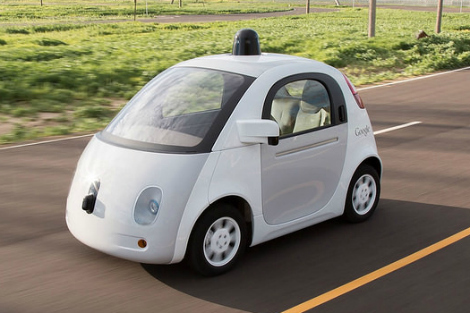
ENVIRONMENT
- Patrick McCabe
- 23 November 2015
1 Comment
The safety features of self-driving cars could save many lives. But driving also involves making decisions, including ethical ones. Imagine you're in your self-driving car, travelling at speed on a highway. Suddenly an oncoming road train swerves into your lane and thunders head-on towards you. You may just be able to swerve, but unfortunately five men are standing on the side of the road, and you will surely hit them. Should the self-driving car kill five people, or stay the course and kill you?
READ MORE 